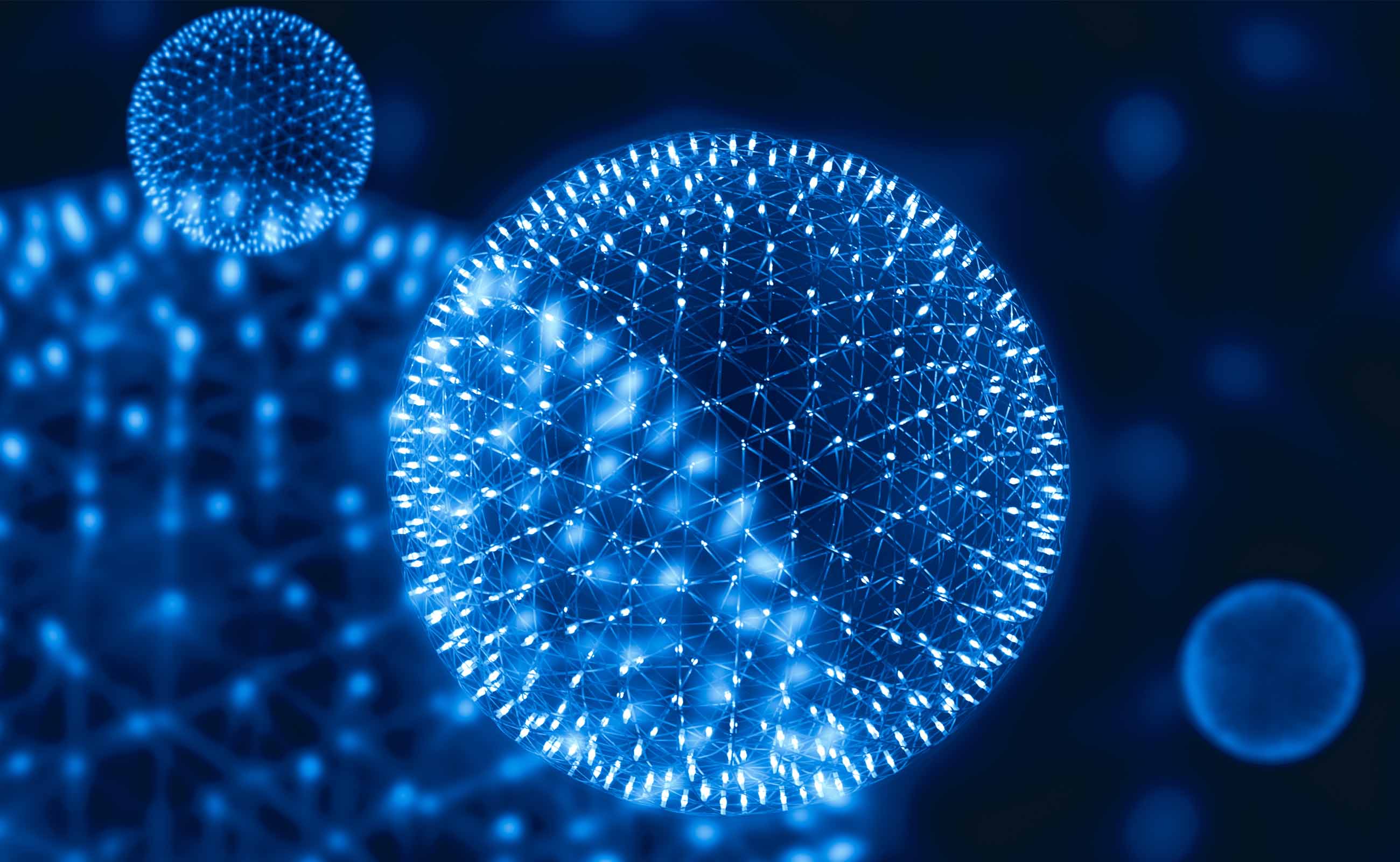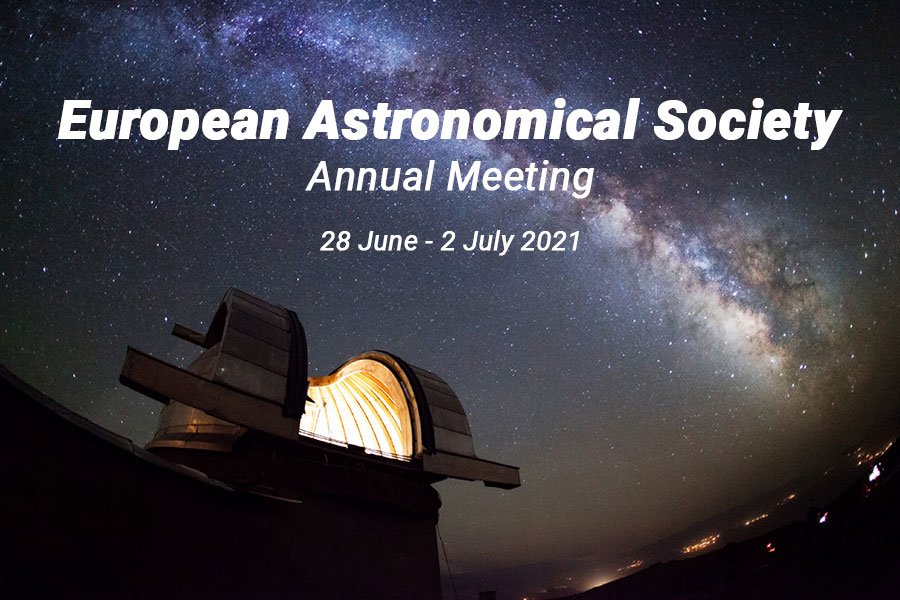
Jun 28, 2021 to Jul 02, 2021
|
Conferences & Events

Aims and scope of the Data-intensive radio astronomy: bringing astrophysics to the exabyte era session
In the advent of all-Sky radio observations, having efficient tools and methods to manage the large-data volume generated is imperative. Although astrophysics is tackling these issues through innovation and expertise in research, and large-data management has been the topic of discussion within the community for decades, with improved interferometers (unprecedented sensitivity and resolution, number of baselines, broad-band receivers), the challenges still remain and are enhanced. Thus the community is actively searching for efficient solutions which will take astrophysics to the exabyte era. Current radio telescopes (e.g. LOFAR, MeerKAT, ASKAP) have identified the difficulties of obtaining hundreds of Gbits/sec of data and processing them through pipelines in order to produce science ready products, as well as providing efficient methods to the community to recover these data, and having efficient data storage for archiving.
Our main aim is to bring together different communities (e.g. astrophysics, high-energy physics, research institutes, industry) to discuss current tools and ideas for the future development of data management. This meeting will enhance our knowledge-bank through various different approaches to tackle the challenges that current and future (SKA) radio telescopes are facing.
Programme
Invited speakers
Scientific organisers
Chair - Eleni Vardoulaki (TLS, Germany); co-chair - Marta Dembska (DLR, Germany); co-chair - Alexander Drabent (TLS, Germany); Mattia Vaccari (UWC; South Africa); Roberto Pizzo (ASTRON, Netherlands); Hans Rainer-Kloeckner (MPIfR, Germany); Giuliano Taffoni (INAF, Italy); Matthias Hoeft (TLS, Germany)
Presentations